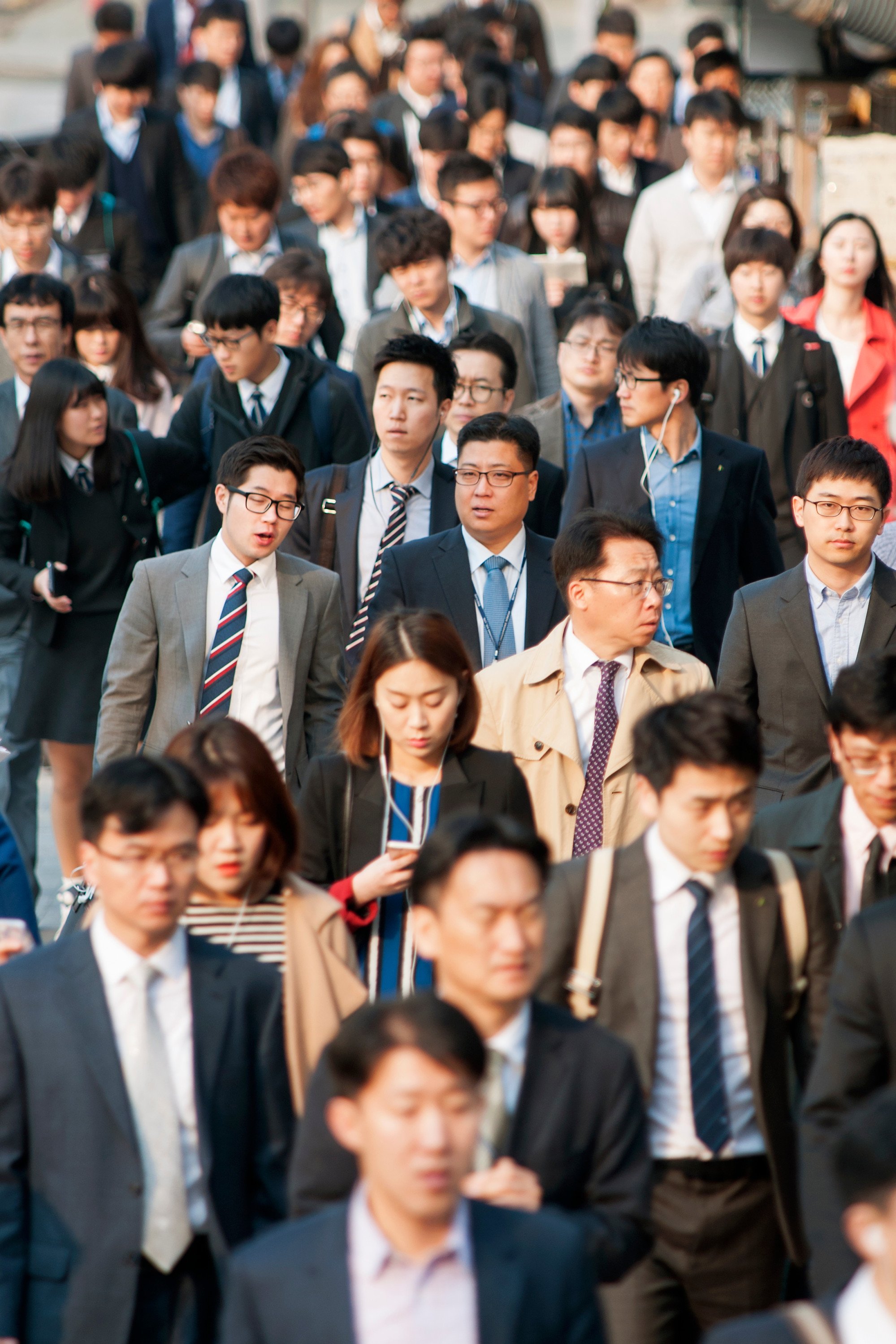Explainer | Who are ‘perfect attendance beggars’? South Korean youth who work and study, have no fun
Perfect attendance is traditionally seen as virtuous, and individuals who practise it are credited with good self-discipline and dedication to their obligations.
However, recent times have seen a change in attitudes towards achieving a balance between work, rest and play.
In South Korea, a trending perspective on social media platforms is that people who have more leisure time understand what life is really about.
For the younger generation, perfect attendance can suggest a single-minded pursuit of learning and earning, with no time or money left for travel or relaxation.
Recently, a father in South Korea posted on social media about his primary school son who was laughed at by classmates for being a “perfect attendance beggar”, according to Joongang Ilbo, a South Korean daily newspaper.

“My son cried yesterday, saying he was mocked by friends,” the father wrote.
He said his son’s school promotes extracurricular activities intended to broaden students’ experiences in diverse environments.
As a result, some classmates choose to take time off for travel, seeing perfect attendance as a constraint.
Understanding the situation, he arranged a local trip for his son, who insisted on travelling abroad.
“All my friends are going to Singapore or Hawaii. I don’t want to stay within South Korea, it’s embarrassing,” the boy said.
The father’s income is about three million won (US$2,200) a month, most of which goes towards family expenses, so he can ill afford to spend money on trips abroad.
Nevertheless, he decided to pay for his wife and son to travel while he stayed working in South Korea.
“It seems like the culture of comparison has reached its peak nowadays. Living is not easy,” he said.
South Korean scholars link the term “perfect attendance beggar” to societal pressures driven by materialism and fierce competition to succeed.
They often emphasise its negative psychological impact.
Song Jae-ryong, a sociology professor at Kyung Hee University, told Chosun Ilbo newspaper: “Overseas travel is still regarded as a way to showcase one’s status, leading to the emergence of derogatory terms like ‘perfect attendance beggar’.”
“This seems to originate from tendencies in South Korean society to display wealth and intense competitiveness.”

Kim Young-shin, a childhood studies expert at Korea Soongsil Cyber University said: “Children who hear words like ‘perfect attendance beggar’ during their formative years are likely to carry that stigma as a lifelong scar.”
A search by the Post found widespread criticism online of the concept of “perfect attendance beggar”.
“Why should hard work and perfect attendance be looked down upon now? This is crazy,” said one online observer.
“I find this heartbreaking. I hope everyone can take pride in their achievements from diligent work and school attendance,” another said.
“The person who coined the term ‘perfect attendance beggar’ is very selfish. They do not want to see others succeed,” a third person wrote.


